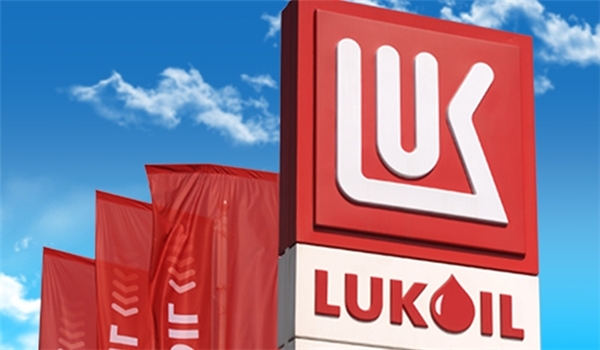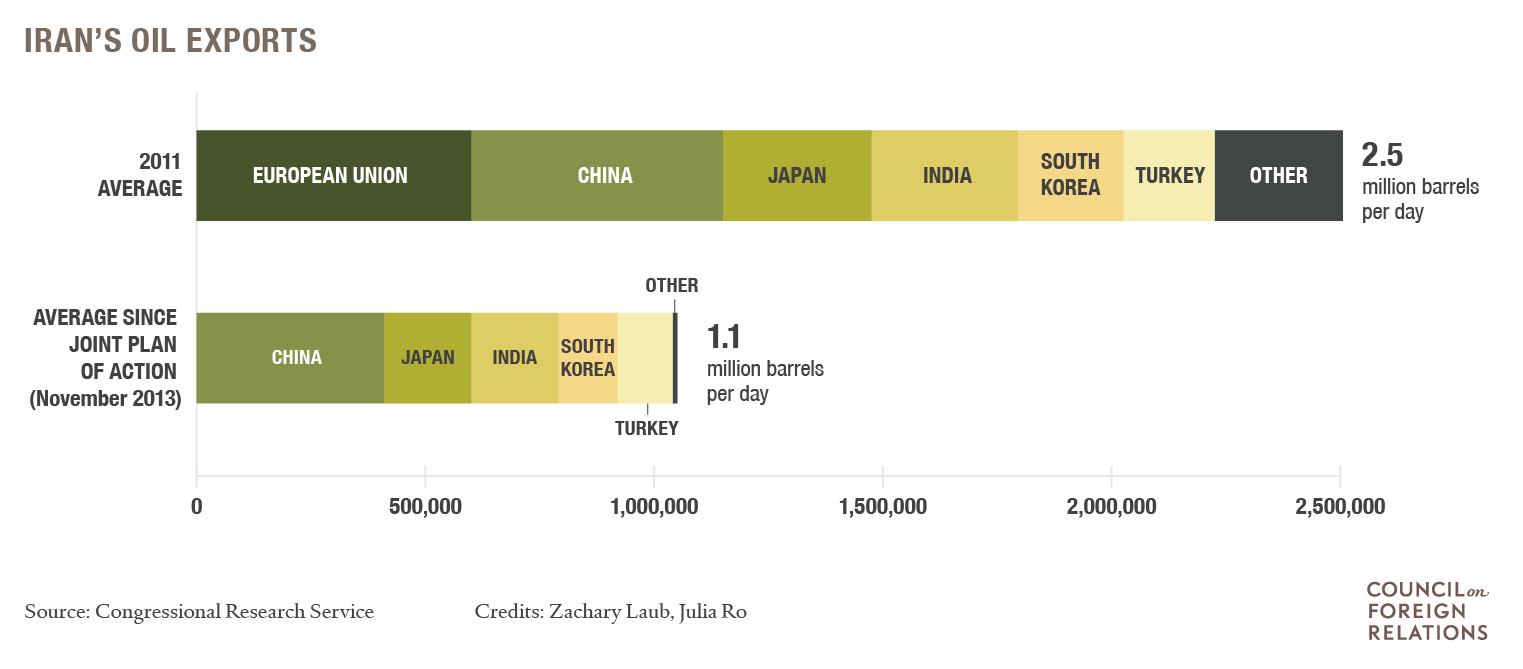Russia’s second-largest oil producer, Lukoil, has reportedly signed a $6 million contract on two exploration and projects in Iran’s southern provinces, and word is already under way.
The news was reported by Iran’s Press TV, citing Hormoz Qalavand, the director for exploration affairs of the National Iranian Oil Company (NIOC).
The two exploration projects are located in the country’s southwestern oil-rich Khuzestan province, situated on the Persian Gulf and sharing a border with Iraq.
The Russian energy group is exploring the hydrocarbon reserves in Dasht-e-Abadan in Khuzestan and in the northern parts of the Persian Gulf, according to Press TV.
This isn’t Lukoil’s first venture into the Islamic Republic of Iran. Lukoil has worked in Iran since the early 2000s, and began work on the Anaran oilfield in 2003 as a minority partner along with Norway’s Statoil, but had to cease operations in 2010 when economic sanctions were imposed.
The Anaran oil field, which is located near the Iraqi border, has an estimated 2 billion barrels of recoverable oil reserves.
Anticipating the imminent lifting of Western sanctions against Tehran over its nuclear program, Lukoil reopened its office in Iran in April 2015.
Iran is home to the world’s fourth largest reserves of oil, which is very cheap to produce – only $10 per barrel.
Sanctions linked to Iran’s controversial nuclear program have barred it from developing or exporting oil or gas in recent years. Iran’s oil exports have dropped from 2.5 million barrels a day in 2011 down to just 1 million barrels in 2014, according to the US Energy Information Administration (EIA).
Until the lifting of sanctions exports, which went mainly to tChina, Japan, India, South Korea, and Turkey, amounted to about 1 million barrels a day, compared to pre-sanctions crude output of 3.6 million barrels per day in 2011.
Iran was allowed to resume selling oil to the US, EU, and its allies in January, after it agreed to take steps to wind down its nuclear program.
According to statements by the Iranian authorities, in the next six months, the country has the ability to bring 500,000 barrels of oil per day to market, and in a year, 1 million barrels of oil. The draft budget for 2016 provides for the export volume of 2.25 million barrels of oil per day.
Iran’s President Hassan Rouhani has repeatedly said that Iran will need foreign companies to invest billions into his country’s economy in order to give it a boost start.
Vagit Alekperov, Lukoil’s chief executive officer, has kept close relations with his Iranian colleagues, most notably the country’s oil minister Bijan Namdar Zanganeh.
The Kremlin has a soft spot for Iran, which up until January, had been subject to Western sanctions, bringing its oil industry to a near standstill.
Sanctions against Russia have its own economy hanging on for dear life. As a result, Moscow will have to make cuts and adjustments across the board, including, as noted by Deputy Finance Minister Sergei Storchak, loans to other countries, with the exception of Iran.


